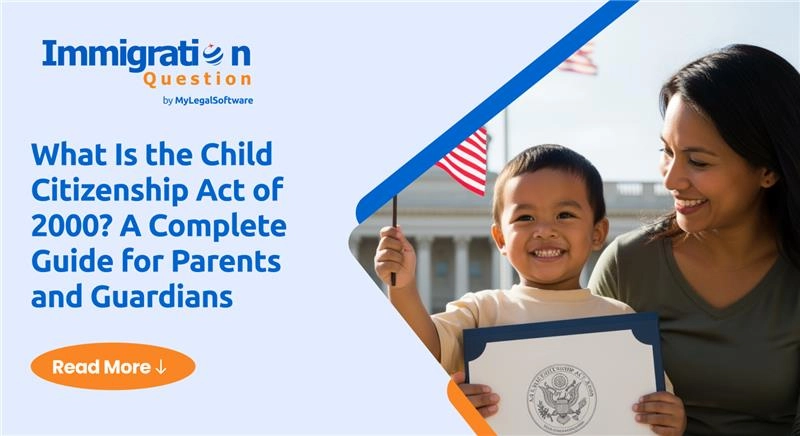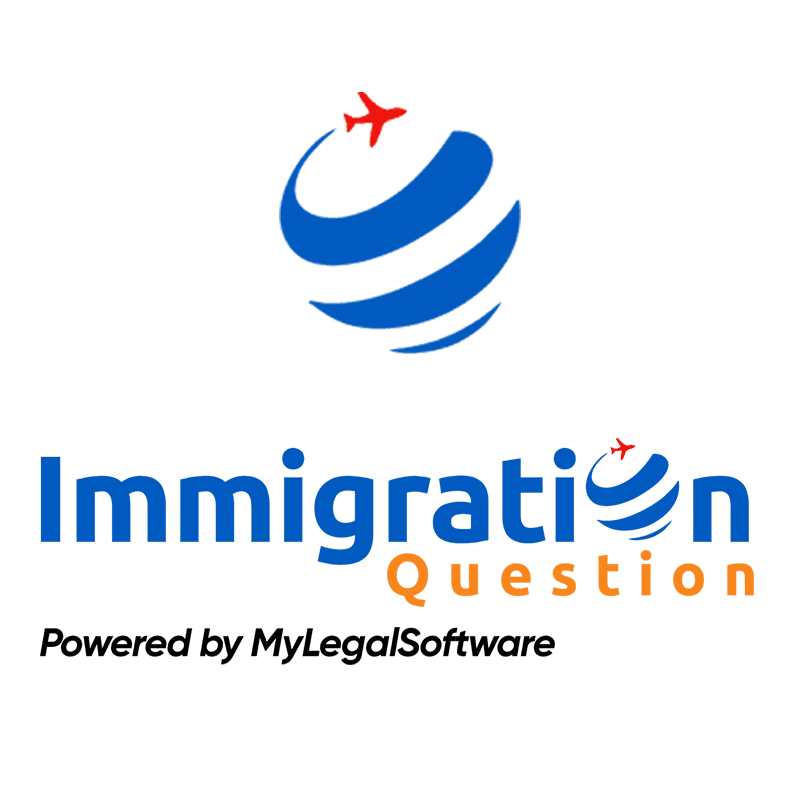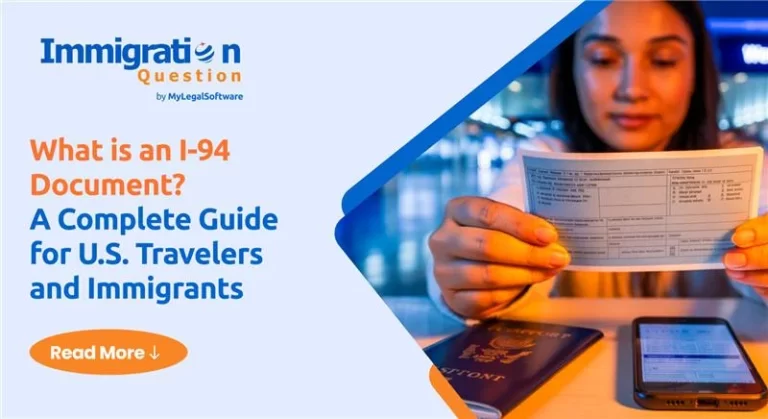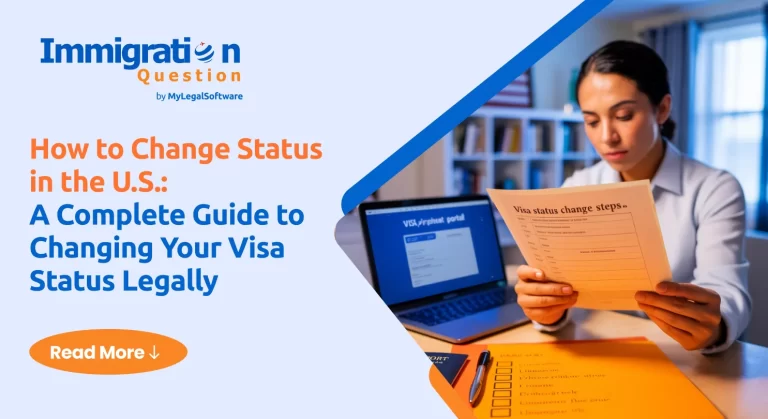For many immigrant families, the path to U.S. citizenship can feel long and complex, especially when it comes to children. But in 2000, a major legal breakthrough simplified that process for many. The Child Citizenship Act offered a streamlined way for certain children of U.S. citizens to gain automatic citizenship.
Whether you’re a parent, guardian, or someone navigating the immigration process, understanding this law could make all the difference. In this guide, we’ll walk you through what the Child Citizenship Act of 2000 is, who qualifies, how automatic citizenship works, and what documents you need to secure your child’s citizenship status.
What Is the Child Citizenship Act of 2000?
The Child Citizenship Act of 2000 is a U.S. immigration law that grants automatic citizenship to specific categories of children, mainly foreign-born children of U.S. citizens, who meet a set of requirements.
It went into effect on February 27, 2001, and was designed to make sure that children growing up in the U.S. with American parents don’t get left behind in the citizenship process.
What makes it different from traditional naturalization? With the Child Citizenship Act, qualified children don’t need to apply through the standard, often lengthy, naturalization process. Instead, citizenship is conferred automatically if certain conditions are met.
Who Qualifies Under the Child Citizenship Act?
To qualify under the Child Citizenship Act, several conditions must be met. The law is designed for:
- Biological or adopted children of U.S. citizens
- Children who are under the age of 18
- Children who have been lawfully admitted to the U.S. as permanent residents
- Children who reside in the U.S. with their citizen parent
- Children who are in the legal and physical custody of their U.S. citizen parent
Let’s break this down further:
Adopted Children
Adopted children qualify if the adoption is legally finalized and meets the immigration definition of a “child.” The adoption must have occurred before the child turned 16 (or 18 for siblings adopted together), and the adoptive parent must have had legal and physical custody for at least two years.
Biological Children
Biological children automatically qualify if one or both parents are U.S. citizens and all other conditions (age, legal status, residency) are met.
Children Born Outside the U.S.
Children born outside the U.S. can benefit from the Act if they enter the U.S. as lawful permanent residents and meet all eligibility requirements before their 18th birthday.
How Does Automatic Citizenship Work?
One of the most important features of the Child Citizenship Act of 2000 is that it automatically confers U.S. citizenship without requiring a separate naturalization process, as long as the child meets all criteria.
Here’s how it works:
- The child must be under 18 years old
- The child must be a lawful permanent resident (LPR with a green card)
- The child must live in the U.S. in the legal and physical custody of at least one U.S. citizen parent
Once these conditions are met, citizenship is automatic. You don’t need to file Form N-400 (naturalization), but it’s strongly recommended to file Form N-600 to obtain an official Certificate of Citizenship as proof.
Documents Required to Prove Citizenship
- Child’s birth certificate
- Proof of parent’s U.S. citizenship (passport or naturalization certificate)
- Child’s green card
- Adoption decree (if applicable)
- Proof of physical custody and residence
Common Situations and Challenges
Immigration law is rarely simple, and the Child Citizenship Act is no exception. Here are some real-life challenges families run into:
-
International Adoptions
Timing is everything. If your child was adopted abroad, the adoption must be finalized, and the child must enter the U.S. with a green card before turning 18. Otherwise, you may need to go through a different process.
-
Children Born Abroad to U.S. Citizens
It’s common for people to assume that a child born abroad to a U.S. citizen is automatically a citizen. Not always. If the child isn’t living in the U.S. as a green card holder and with a citizen parent, they may not qualify under this law.
-
Mixed-Status Families
If only one parent is a U.S. citizen or if custody is shared or unclear, you’ll need to provide proof of both legal and physical custody to show eligibility.
-
When Automatic Citizenship Doesn’t Apply
If your child doesn’t meet the law’s strict requirements, you may still be able to file a naturalization application (Form N-600K or N-400), depending on your circumstances.
Final Thoughts
The Child Citizenship Act of 2000 has made a lasting impact on immigrant families across the U.S. It gave thousands of children a direct, simplified path to citizenship and peace of mind for their parents.
But even though the law makes things easier, it’s still important to ensure everything lines up before your child’s 18th birthday. Missing even one requirement can delay or complicate your child’s legal status.
If you’re unsure about your child’s situation, or if you’re facing complications like international adoption or mixed-status households, talking to an immigration attorney can save you time and stress.
Visit Immigration Question to ask immigration questions and get answers within hours. You may also connect with an experienced attorney who may be willing to offer a free consultation to help you get started.
Frequently Asked Questions
1. Does the Child Citizenship Act apply to all adopted children?
Not always. The adoption must meet specific legal and custody requirements, and the child must enter the U.S. as a lawful permanent resident before age 18.
2. What happens if my child turns 18 before we complete the process?
If your child doesn’t meet the eligibility criteria before turning 18, they may need to go through the traditional naturalization process.
3. Can children who entered the U.S. illegally benefit from this Act?
No. The child must be lawfully admitted as a permanent resident to qualify for automatic citizenship.
4. What if only one parent is a U.S. citizen?
That’s okay. Only one parent needs to be a U.S. citizen as long as all other requirements (residency, custody, etc.) are met.
5. Does the Child Citizenship Act help with past immigration violations?
No. The child must have entered the U.S. legally and have lawful permanent resident status.
6. Can adopted children benefit from the Child Citizenship Act of 2000?
Yes, adopted children can benefit – but only if the adoption and custody arrangements meet all legal criteria under U.S. immigration law.









